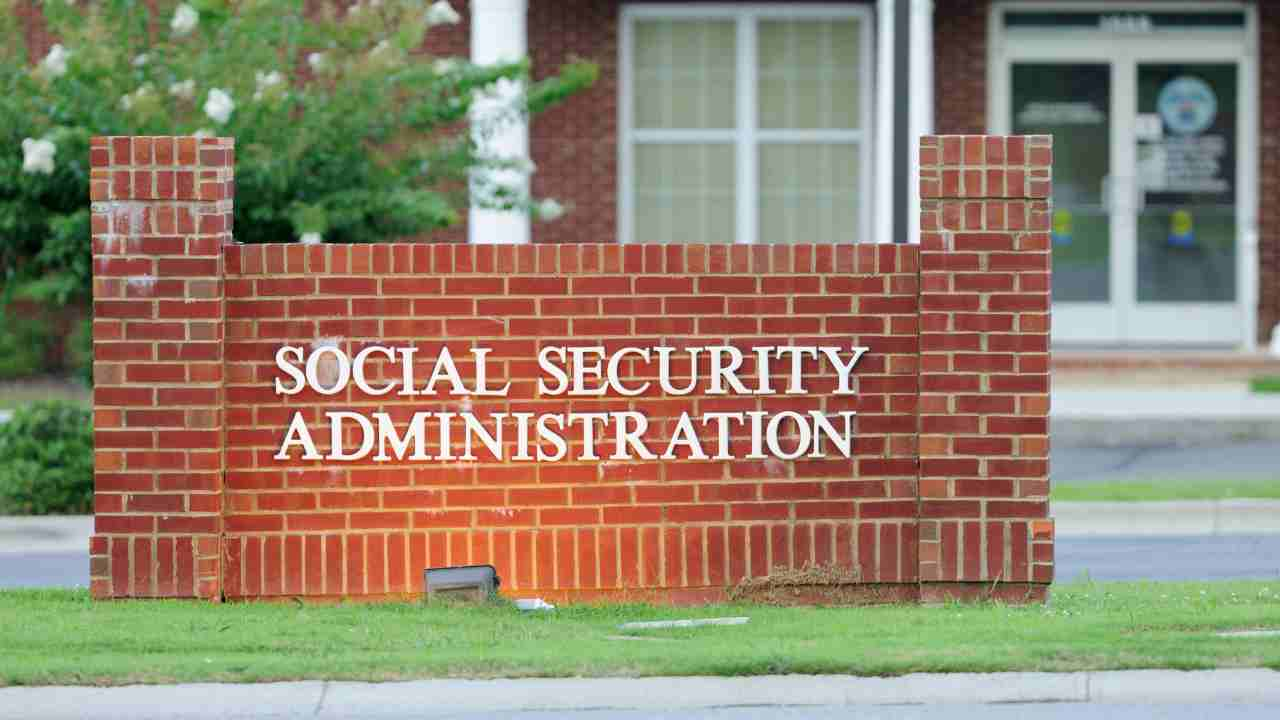Prices and payments keep moving in the U.S., and this November will be no exception. Millions of Americans relying on Supplemental Security Income (SSI) will see their checks hit accounts one day early a small relief as rising prices continue to pressure everyday budgets.
Normally, SSI benefits are deposited on the first of each month, but because November 1 falls on a weekend, the Social Security Administration (SSA) will release payments on Thursday, October 31 instead.
SSI Payments and Cost of Living
These early deposits matter. With inflation still hovering near 3.5%, the cost of groceries, rent, and utilities has stayed stubbornly high compared to pre-pandemic levels. SSI recipients seniors, people with disabilities, and those with limited income often feel those price increases first.
For November 2025, the maximum SSI benefit remains at:
- $967 for individuals
- $1,450 for eligible couples
- $484 for essential caregivers
That amount already includes the 2.5% cost-of-living adjustment (COLA) applied in January, part of an effort to keep benefits in line with inflation. But advocates argue it’s not enough, pointing to data from the Bureau of Labor Statistics showing a 19% rise in average food prices since 2020.
Who Qualifies for SSI Payments
To receive Supplemental Security Income, applicants must meet several criteria:
- They must be 65 or older, blind, or have a qualifying disability, and have limited income and resources. In addition, they must be U.S. citizens or qualified noncitizens recognized by the Department of Homeland Security.
- Recipients also must live in one of the 50 states, Washington D.C., or the Northern Mariana Islands, and can’t be outside the U.S. for a full calendar month or 30 consecutive days.
This early payment doesn’t increase the total monthly amount, but it can help beneficiaries cover end-of-month expenses, especially as housing and utility costs spike heading into winter. According to the U.S. Energy Information Administration, average residential electricity prices are 8% higher than last year, and heating bills are projected to rise again this season.
While the SSA schedules these early payments automatically, recipients should still check their bank accounts or direct deposit cards on October 31 to confirm receipt. Paper checks, though less common, may take a few extra days depending on postal delays.
Looking Ahead to 2026
The Social Security Administration will announce the next COLA adjustment later this year, expected to be between 2.2% and 2.4%, based on current inflation trends. That means SSI payments could increase slightly starting January 2026, offering a modest cushion against still-elevated consumer prices.
Until then, this October 31 payment is the last scheduled deposit before the holidays — a small but crucial financial boost for millions relying on SSI to keep up with the cost of living.

